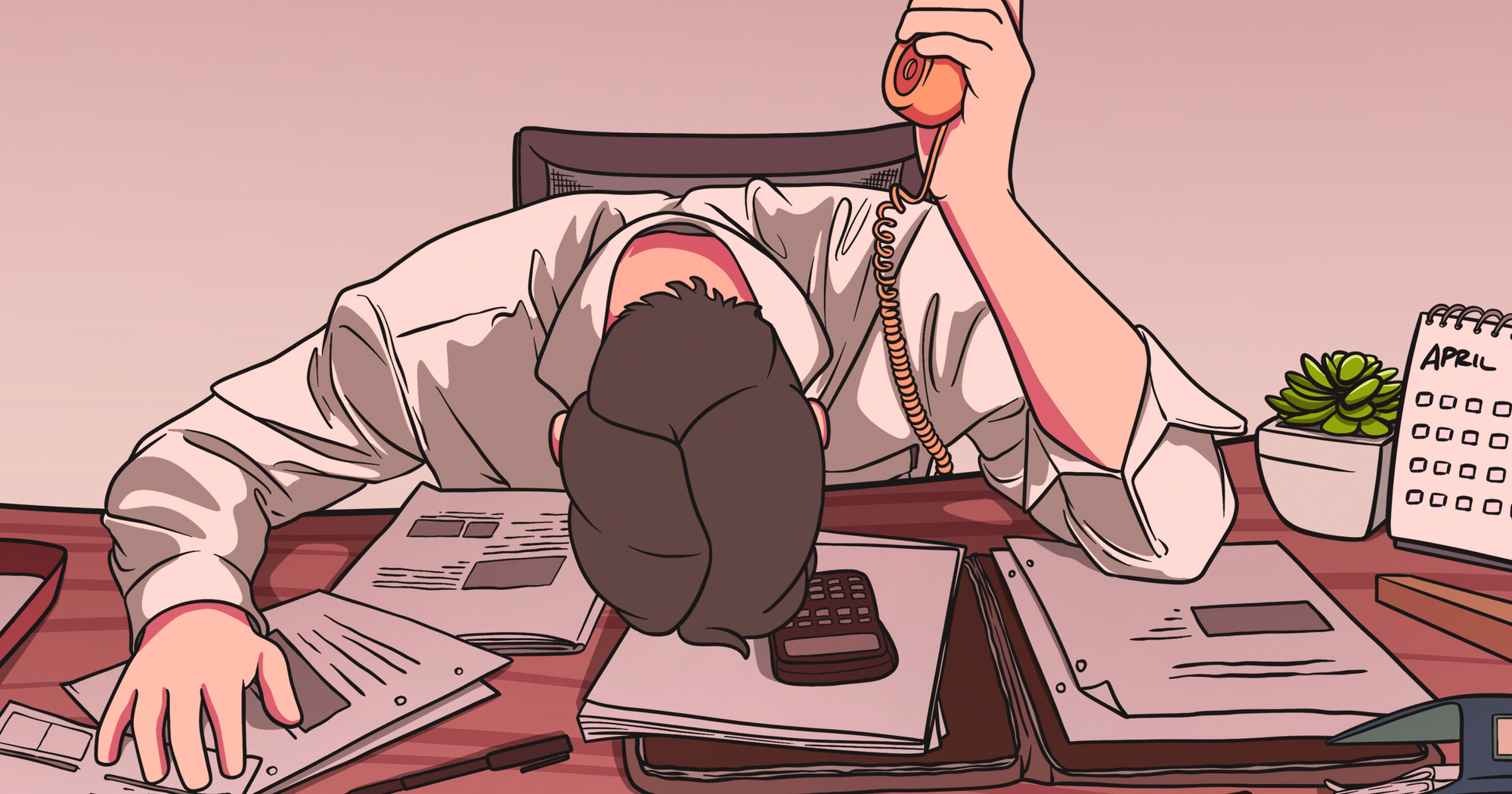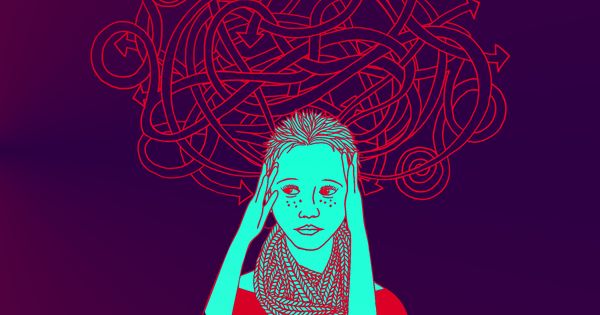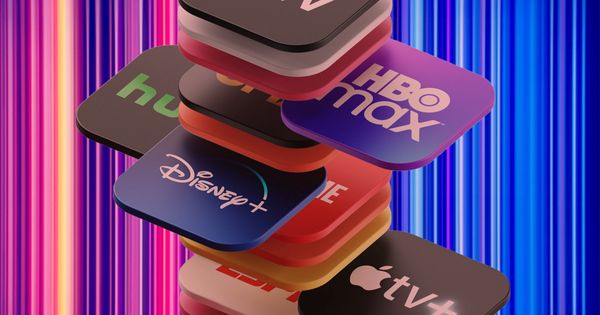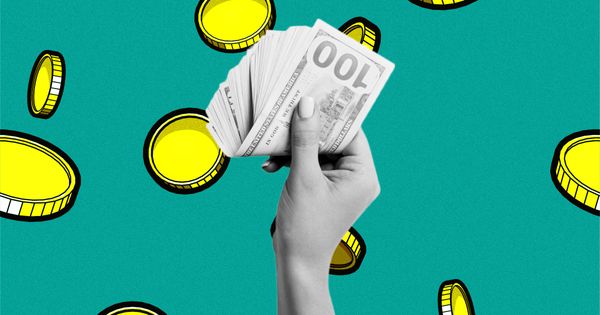How many tabs do you have open in your browser right now? Does your social media feed constantly conflict with your work? Can you not keep up with everything?
In a recent study, it was found that people who were using more than six tabs at once had difficulty concentrating and it took on average about 20 minutes to return to the original task.
Using eye-tracking methods, scientists found that people who switched between tabs and windows took longer to complete the original task and "reread" information on other tabs.
Multitasking has become an integral part of modern life. We live in a multitasking society, where people constantly switch between different tasks on their phones, laptops, tablets, etc. Nevertheless, it can be challenging to focus on just one task at a time but will this allow you to accomplish your work more effectively?
Despite the feeling of accomplishing more tasks when multitasking, research shows that multitasking decreases productivity by significant amounts. This is because it causes people to make more mistakes, take longer to complete tasks, and be less productive.
Let's look at key reasons why multitasking may be harmful, and why we should do things one at a time instead.
The Impact on Memory Capacity
In any social media feed, you will come across posts that praise the hustle culture. It is about working hard, putting in extra hours, and doing everything you can to reach your goals. Their philosophy is to multitask to accomplish more.
It is problematic because it affects memory capacity, which makes processing new information difficult due to data overload. It can make people feel like they are not getting anything done or worse, that they forget important events or tasks.
Consequently, memory capacity is decreased when multitasking because it is difficult to filter out irrelevant information; this means that instead of focusing solely on a single task at once, attention must be given to other tasks going on simultaneously.
The Impact on Attention Span
When I say multitasking, I am not just talking about doing multiple "important" things at once, but also procrastinating while doing something important, like writing a report that is due tomorrow while watching your favourite TV show.
We are constantly bombarded with information and distracted by all kinds of distractions, all of which need to be processed and managed simultaneously in today's world. As a result, we are losing the ability to focus on one thing at a time. This is not just a problem for individuals but affects society and culture as a whole.
The Impact on Mood
When multitasking, one of the most common things people do is switch between tasks. Researchers have found that multitasking can lead to mood swings and emotional instability.
According to research, the more tasks people complete simultaneously, the worse their mood. A study by Jooa Julia Lee at Cornell University concluded that multitasking can lead to lower motivation and efficacy levels, which can eventually lead to anxiety and depression.
The Impact on Mental Health
It's not just our productivity that suffers when we're constantly distracted by other tasks; we also suffer psychologically. Researchers found that multitaskers have a higher risk of feeling stressed, anxious, and less satisfied
The result is a decline in our cognition and quality of our work as well as decreased productivity level as a result of our addiction to distraction-based work practices.
The Impact on Creativity
It's been proven that when people are distracted by other things, their creative thinking goes down. The average multitasker has five times less creative output than someone with no other distractions!
When you're trying to focus and solve a problem, you have to make sure your full attention is on it. Don't start working on a tough problem and check your emails or social media - if you feel like you're about to indulge in such an activity, take a break and come back when you're done.
Key Takeaway
The bottom line is that multitasking can be detrimental to your productivity. This could result in a poor quality of work because when you multitask, you are giving less attention to each task.
Despite the challenges that come along with working on one thing at a time, it is the most efficient way to accomplish your work.






